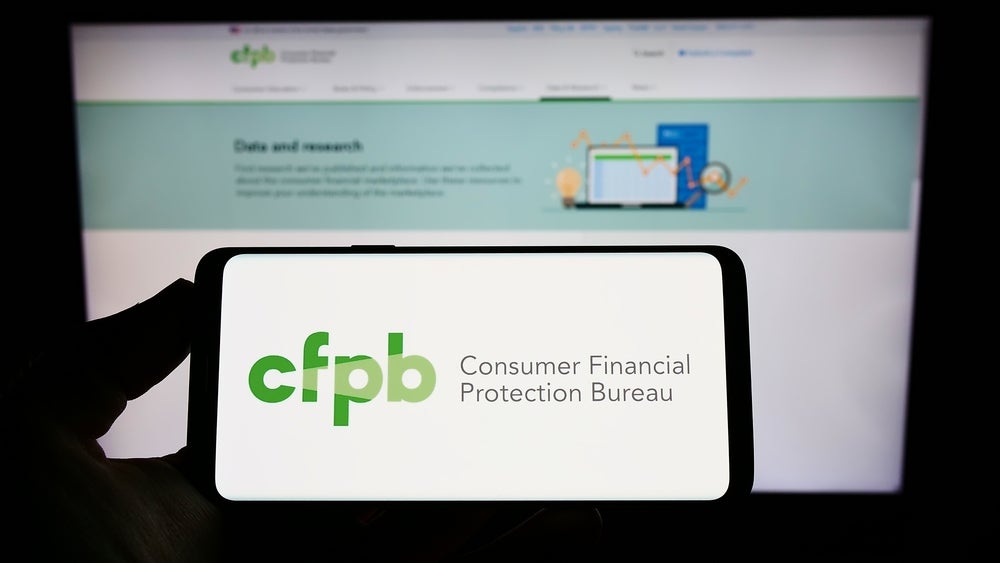On March 5, the Consumer Financial Protection Bureau (CFPB) issued a final rule to lower the typical penalty fee for late credit card payments to $8 from $32. This rule, if ultimately enacted, will apply to issuers with 1 million or more open credit card accounts. This would impact more than 95% of total outstanding card balances in the US.
Michal Selbka, Associate Director, S&P Global Ratings, said: “The most exposed banks could lose up to 25% of ongoing revenue in the short run although, the impact is more manageable for the largest most diversified card issuers.”
The CFPB’s final rule to cap credit card late payment fees at $8 will hurt earnings at credit card issuers that rely more on nonprime customers. In other words, it will impact issuers with borrowers more likely to fall behind on payments.
The most exposed card issuers in S&P Global Ratings rated universe include Bread, Synchrony and Capital One.
But S&P added that these banks have become more resilient in recent years, providing some offset to diminished earnings
Potential mitigation strategies
S&P said that it expects to banks to take action to offset the revenue impact. These include:
- Executing pricing actions across the portfolio, like increasing annual percentage rates (APRs) or adjusting other fees;
- Modifying partnership agreements in cases where cards are issued within a private label or cobranding arrangement;
- Reducing exposure to the least creditworthy borrowers;
- Addressing the cost base, including reducing customer rewards or other issuance-related costs; and
- Potentially proving that a fee higher than $8 is necessary to cover actual collection costs.
Bread Financial
According to S&P Global, the late fee cap will potentially reduce Bread’s revenue by about 25%. This reflects the company’s high proportion of private label credit card loans. These amount to about 62% of card loans at year-end 2023, and its relatively high exposure to subprime borrowers (about 43% of credit card balances). Management has focused on rolling out mitigating actions. These include testing higher APRs beginning in December and proactively discussing with partners potential changes to their arrangements.
Like industry peers, Bread will continue pursuing actions to mitigate the impact over time. Examples include more rate and fee increases, tightening credit, and working with retail partners to revise the economics of their share agreements. While the company expects substantial progress in the first year after implementation, full mitigation will be gradual with APR increases only expected to filter through the existing loans over the next several years. According to S&P, Bread will adjust its business accordingly, with a higher-credit-quality customer base and increased cobrand and proprietary card balances in the longer term.
Synchrony
Late fees generated almost 20% of operating revenue for Synchrony in 2023. The bank remains one of the most exposed credit card issuers to the CFPB’s fee cap. A meaningful proportion of Synchrony’s receivables are to nonprime borrowers (with VantageScores of 650 or less). This represents about 28% of credit card balances. However, the company’s retailer share arrangements help mitigate the higher loss profile of its portfolio. S&P says that its partner agreements will allow for some sharing of the burden from the partial loss of late fees. It also thinks Synchrony will adjust pricing and underwriting models.
Capital One
Late fees generated almost 6% of total operating revenue at Capital One in 2023. That represents about 9% of revenue at its domestic card business. The bank remains more diversified in terms of business lines than many peers, notwithstanding its proposed merger with Discover. Although nonprime balances are about 32% of total card receivables, S&P says this percentage will decline with the addition of Discover, reducing its exposure to the late fee cap.









